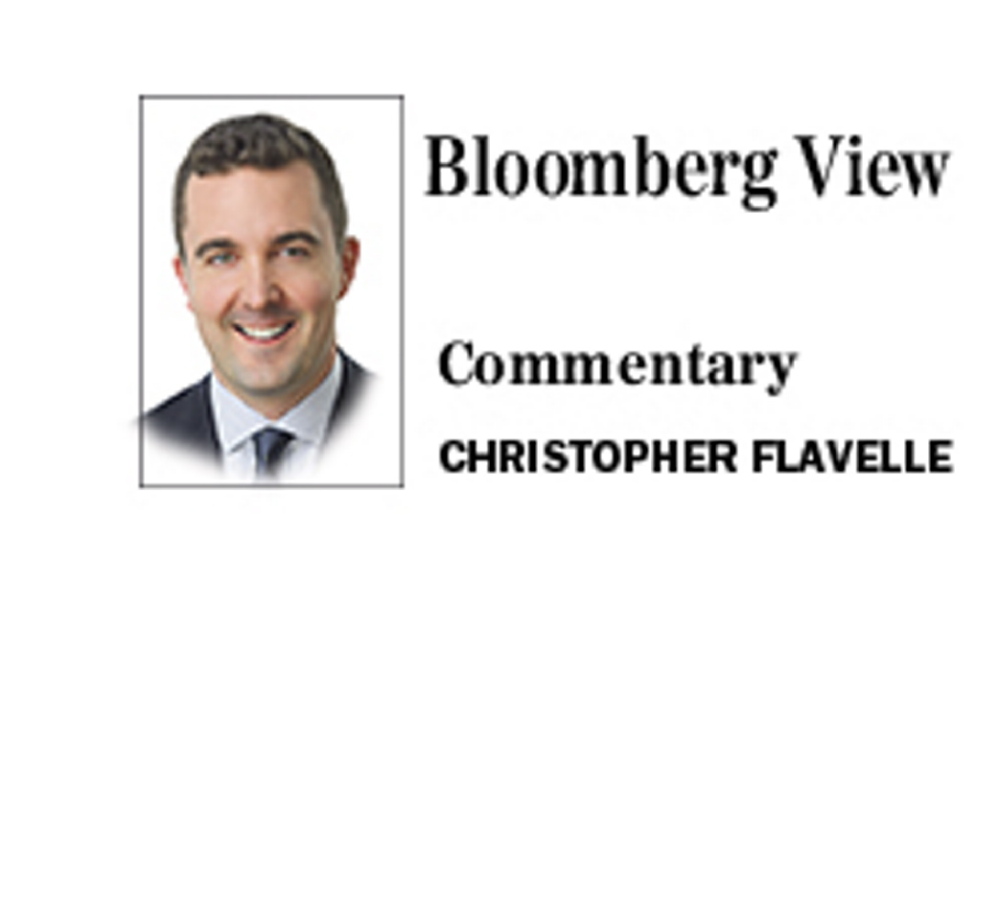When it comes to retirement planning, there are two kinds of people: low-income Americans, who worry about saving enough money, and everybody else.
That’s the message of a survey out on Wednesday from Bankrate, which asked 4,200 people last month why they weren’t saving more for retirement. You might expect the answers would change as workers got older, but they didn’t; across all age groups, about 1 in 3 respondents said they didn’t have enough money to save more, and another third said they were already saving enough.
What drove the responses instead was income, and dramatically so. For those earning $30,000 a year or more, about one-quarter said they couldn’t afford to save more; for those earning less than that, that number doubled. Meanwhile, the highest earners were three times more likely to say they were satisfied with the amount they’re saving.
Even the types of things that people worry about for retirement are a function of how much money they make. Respondents earning less than $30,000 were almost twice as likely as everyone else to cite too much debt as their greatest financial concern. That group was also twice as likely as the wealthiest respondents to say they worried that their daily expenses would be more than they could afford.
For every other income group, the most commonly cited financial concern for retirement was medical expenses. That suggests two things. First, efforts to reform the country’s hodgepodge of retirement programs will continue to flounder, while lawmakers from both parties will continue to treat Medicare reform as a great topic for somebody else to pursue.
Second, these figures suggest that concerns about a pending retirement crisis, spurred by declining pension benefits, stagnant wages and rock-bottom interest rates, haven’t filtered down to the actual people who are thinking about their own retirement, with the exception of low-income workers.
Maybe that means those warnings are overstated. Maybe it means that people are pretty good at not worrying about the things they ought to worry about. Unless you happen to be poor, in which case even self-delusion is out of reach.
Christopher Flavelle writes editorials about health care, economics and taxation for Bloomberg View.
Send questions/comments to the editors.


